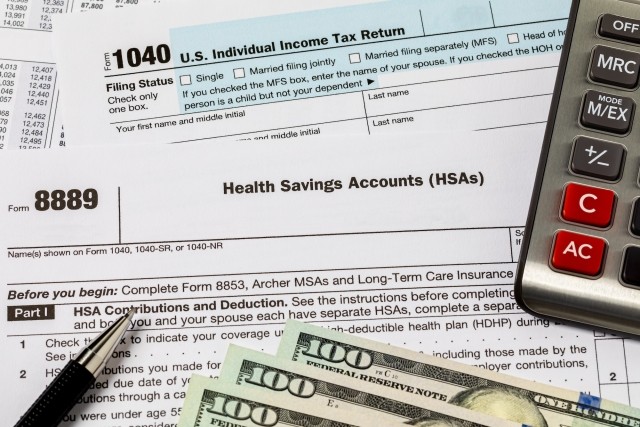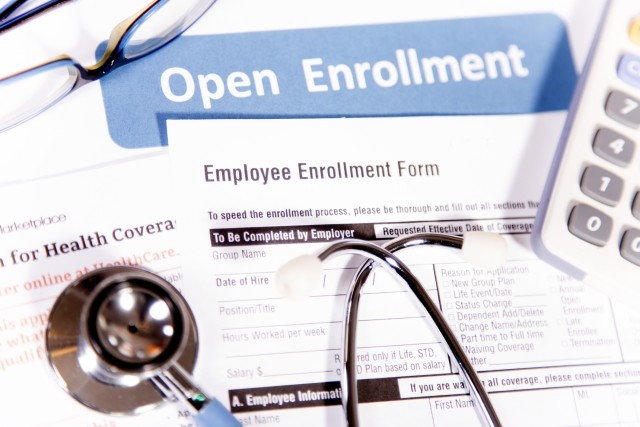Blog
Employer Can Not Pay for Employees Individual Health Insurance
In the most direct guidance released to date, the DOL has issued new FAQs that make it clear employers are not permitted to pay for the cost of individual health insurance for employees, even if the payments are made on an after tax basis. The guidance also prohibits employers from providing cash to employees to encourage them to waive the employer’s plan and purchase individual health insurance instead.
In the most direct guidance released to date, the DOL has issued new FAQs that make it clear employers are not permitted to pay for the cost of individual health insurance for employees, even if the payments are made on an after tax basis. The guidance also prohibits employers from providing cash to employees to encourage them to waive the employers plan and purchase individual health insurance instead.
No Employer Payment of Individual Health Insurance Premiums Allowed
The DOL, IRS, and HHS have previously released guidance limiting the employers ability to pay for individual health insurance premiums for employees, but prior guidance was somewhat unclear and left room for some alternative interpretations. As a result, a number of vendors have offered programs designed to allow employers to pay for their employees purchase of individual health insurance policies.
This new DOL guidance effectively puts an end to that practice. The DOL states that the payment of individual health insurance premiums by an employer constitutes a group health plan under federal law. A group health plan made up of individual health insurance policies violates a number of ACA related provisions. The first question in the FAQ states:
Q1: My employer offers employees cash to reimburse the purchase of an individual market policy. Does this arrangement comply with the [ACA] market reforms?
No. If the employer uses an arrangement that provides cash reimbursement for the purchase of an individual market policy, the employers payment arrangement is part of a planmaintained for the purpose of providing medical care to employees, without regard to whether the employer treats the money as pre-tax or post-tax to the employee.
Therefore, the arrangement is group health plan coverage within the meaning of(ERISA)and is subject to the market reform provisions of the (ACA) applicable to group health plans. Such employer health care arrangementswill violate PHS Act sections 2711 and 2713, among other provisions, which can trigger penalties such as excise taxes under section 4980D of the Code.
No Cash to Employees to Encourage Purchase of Individual Health Insurance
The DOL guidance also addresses reports that some employers have begun to provide cash incentives to high risk employees to encourage them to waive coverage on the employers plan, and instead purchase individual health insurance. The DOL states this practice is a violation of the HIPAA rules that prohibit discrimination against individuals based on their health status. According to the DOL, this practice is discriminatory even if the employee agrees to the payment.
Summary
As the rules related to the ACA continue to evolve and be clarified by the regulatory agencies, employers should be cautious when adopting strategies that are not clearly within the framework of existing guidance. The complete text of the DOL FAQs can be found at http://www.dol.gov/ebsa/faqs/faq-aca22.html
Table of Contents








